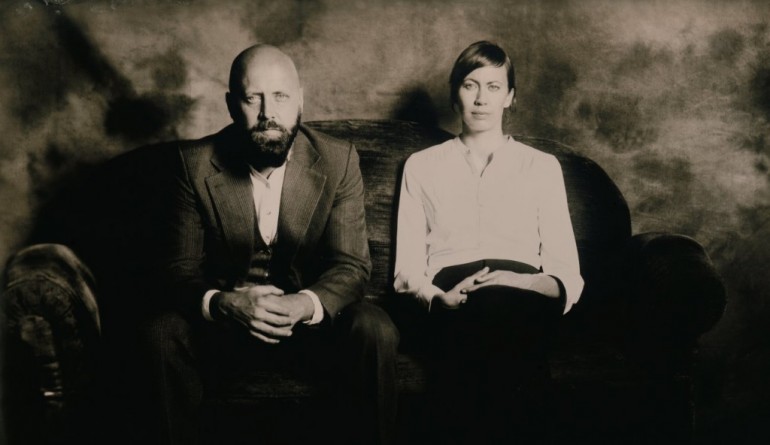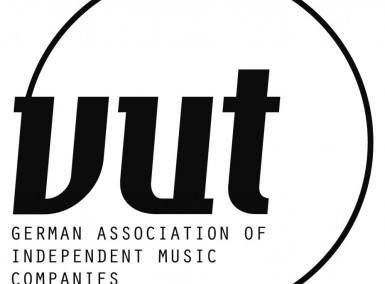
Without any doubt the German music market is a very special one. But why exactly? And what does this mean to the indies? And how can we define ‘indie’ actually? We sat down with Robert Klamann of the VUT, the German ‘Verein unabhängiger Musikunternehmen’ (association of independent music companies), to talk about all this. At this year’s Reeperbahn Festival in Hamburg the VUT will host the VIA! Awards.
What’s special about the German music market? Well, to start from somewhere: it is still a ‘high-price paradise’ with about 70% physical sales. Yes, you read this one right: seventy percent physical sales! At the same time music with German lyrics has a big buzz at the moment. Some weeks ago the entire German top-ten where German speaking. Something that hasn’t happened for a long time. So the physical record market is a very strong one, while the digital and even streaming market is still very low. Of course this changes too and of course there is a crisis too. But as everywhere else the music industry crisis should not be seen as ‘breaking together’ but as a ‘change’.
At the same time there is a huge amount of festivals and events, which make it possible to live just by touring in Germany. So all in all the market is so big that artists don’t necessarily need to focus on other countries. (let’s just drop the name HELENE FISCHER here. OK, she’s far from being any indie, but you get the point).

HUNDREDS. Photo by J Konrad Schmidt
The other side of the coin: there are not many artists from Germany that have international successes. Okay, TOKYO HOTEL, RAMMSTEIN, KRAFTWERK, ATARI TEENAGE RIOT, and more recently ROBIN SCHULZ and FELIX JAEHN… but apart from them and some more there are not many ‘success stories’. Although there is a huge potential, especially in the indie sector (HUNDREDS, IMAGINARY WAR, GET WELL SOON, CLAIRE, LE VERY, just to name a few).
Robert Klamann, project manager of the VIA! awards and the VUT indie days, told us about the VUT. ‘We support small and mid-sized music companies from Germany and are campaigning for fair competition conditions and access to the market.’ Why it is important that indies have an organization backing them up? ‘Together we are strong. As a small company you have pretty much no power, so we as an organization represent the interests of our members.’
Still there are more questions coming up. What does indie mean? And how to define fair competition conditions and access to the market?
What defines an independent music company?
First of all ‘independent’ has nothing to do with the genre indie music. An independent music company is, according to the VUT, a company that acts independent, is led by a CEO or artists, and is not part of a concern. Therefor the three ‘majors’ (Universal Music, Sony Music, Warner Music) are not independent and cannot be members of the VUT.
Furthermore independent companies fulfill the following points:
- the yearly global market share in a certain segment is max. 5%
- independent music companies are registered at the trade office or commercial register
- copyrights, publishing rights or neighboring rights are owned, acquired, licensed or controlled by the company
- not more than 49% of the company is owned by a concern
But of course not only labels, but also distribution companies, music publicists, promoters, consultants and every company that focuses on music can be part of the VUT (as long as they match the points mentioned above).
Robert Klamann tells that we could have endless discussions about the word ‘independent’. ‘The above mentioned definition is the definition of VUT, but we’d love to find out what the word means to you.’ Of course we take this invitation and are happy to talk more with VUT about this topic.

NBHAP presents: The VIA! Awards 2015
The VIA! Awards are critics’ choice awards. The jury are the VUT members, who also name the nominees. The expert panel is a team of about 250 journalists and experts from all areas of the music industry. The price is not bound to any commercial success, number of sales, etc. In fact there is only one criteria: awesomeness. What is the most awesome gets decided by the jury. Can it be any more democratic and awesome? Well, certainly not.
—



